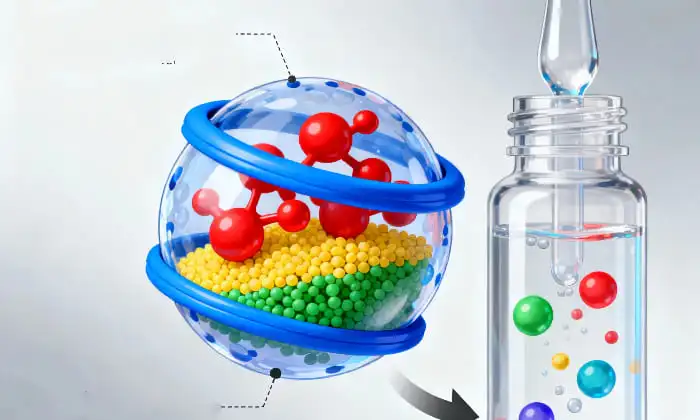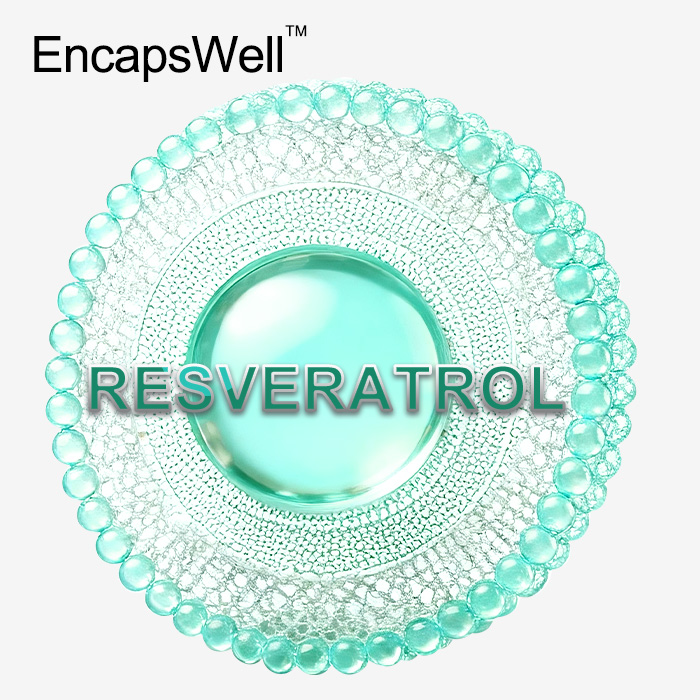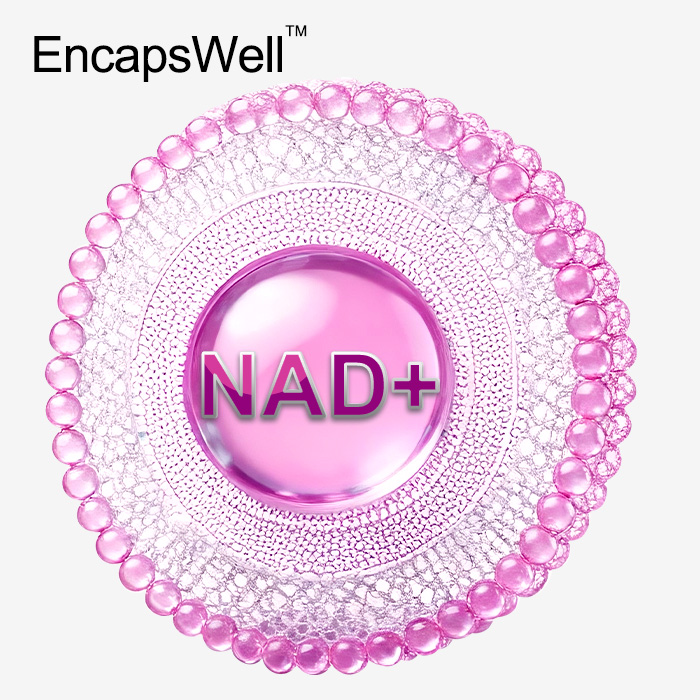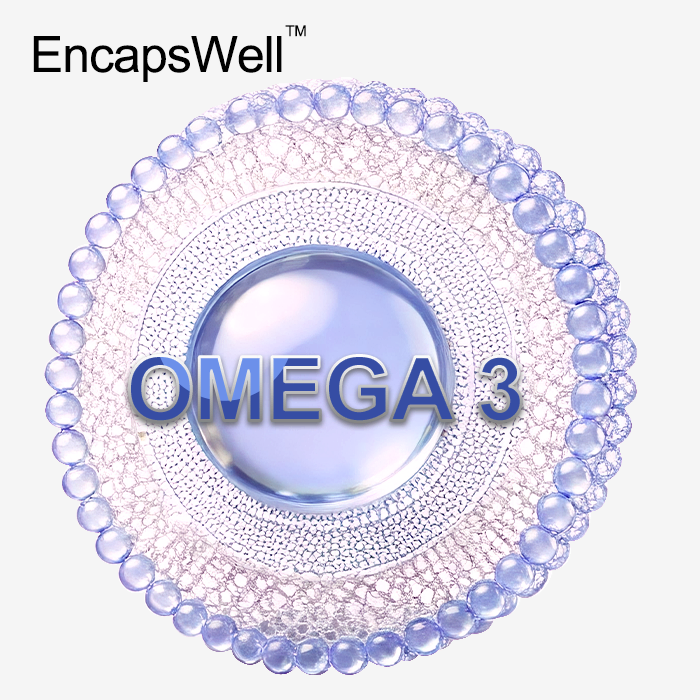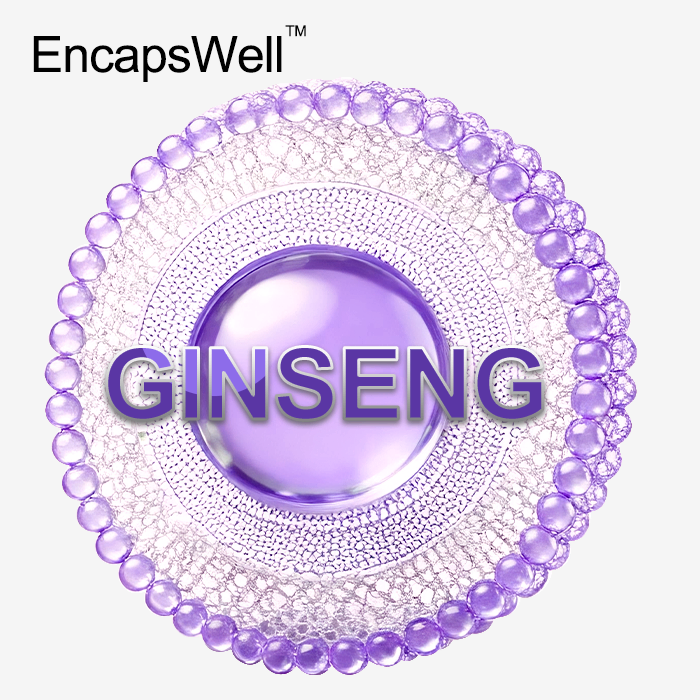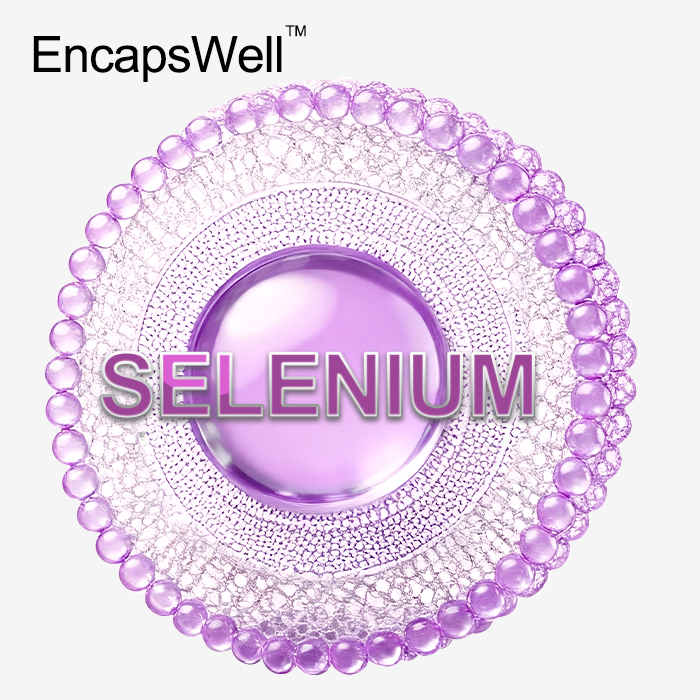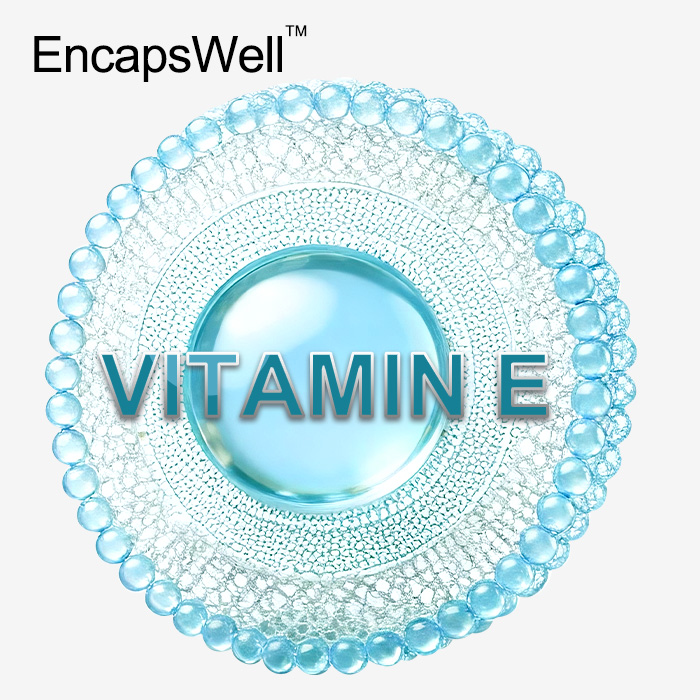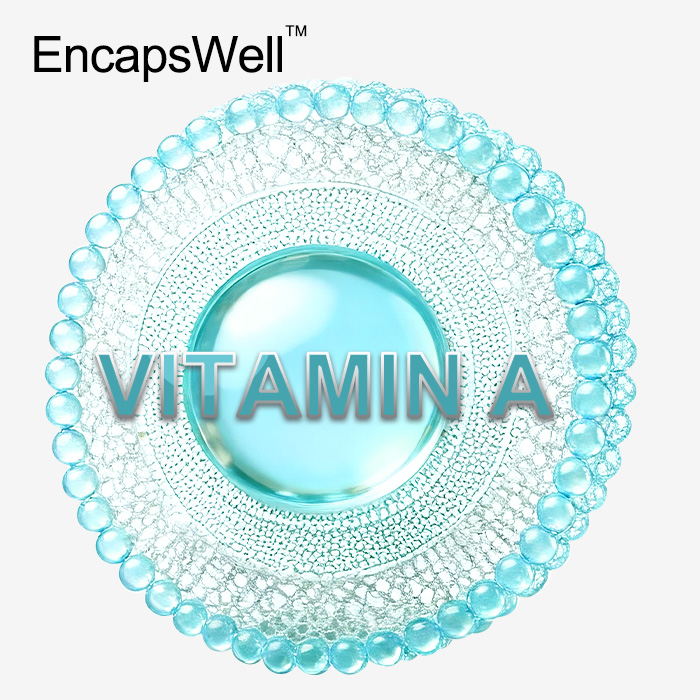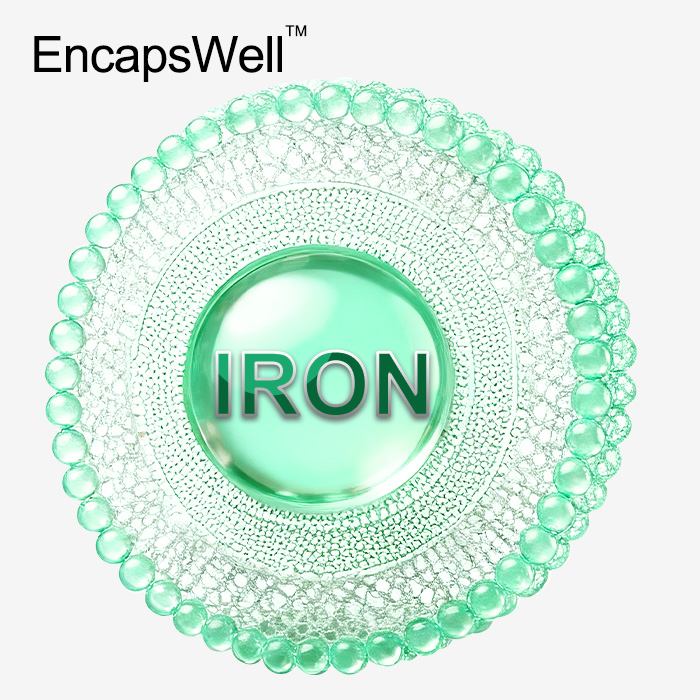How Do Vitamins K2 and D3 Interact to Regulate Bone Metabolism?
The Role of Vitamin D3 in Calcium Absorption
Vitamin D3, also known as cholecalciferol, plays a pivotal role in calcium homeostasis and bone metabolism. This fat-soluble vitamin enhances calcium absorption in the intestines, ensuring an adequate supply of this essential mineral for bone formation and maintenance. Without sufficient vitamin D3, the body struggles to efficiently utilize dietary calcium, potentially leading to weakened bones and increased fracture risk.
Vitamin K2's Calcium-Directing Properties
Liposomal vitamin K2+D3 powder, particularly in its MK-7 form, acts as a crucial regulator of calcium deposition within the body. It activates osteocalcin, a protein responsible for binding calcium to the bone matrix. This process ensures that calcium is directed to where it's needed most – the skeletal system – rather than accumulating in soft tissues or arteries. By promoting proper calcium utilization, liposomal vitamin K2+D3 powder contributes to both bone strength and cardiovascular health.
Synergistic Effects on Bone Density
When combined, vitamins K2 and D3 create a powerful synergy that optimizes bone metabolism. Vitamin D3 increases calcium absorption and stimulates osteoblast activity (cells responsible for bone formation), while vitamin K2 ensures that this calcium is effectively incorporated into bone tissue. This collaborative action not only supports the maintenance of existing bone density but may also contribute to the formation of new bone mass, particularly beneficial for individuals at risk of osteoporosis.
Liposomal Delivery for Superior Nutrient Absorption and Bioefficacy
Understanding Liposomal Technology
Liposomal delivery represents a significant advancement in nutrient supplementation. This innovative technology encapsulates vitamins and minerals within microscopic phospholipid bubbles, mimicking the structure of cell membranes. This protective barrier shields the nutrients from harsh digestive processes, allowing them to bypass potential degradation in the gastrointestinal tract and be absorbed more efficiently into the bloodstream.
Enhanced Bioavailability of Fat-Soluble Vitamins
For fat-soluble nutrients like liposomal vitamin K2+D3, liposomal encapsulation offers particular advantages. Traditional supplements often struggle with poor absorption due to the hydrophobic nature of these vitamins. Liposomal formulations overcome this challenge by creating a water-soluble exterior around the fat-soluble nutrients, facilitating their transport through the aqueous environment of the digestive system and into the cells where they're needed most.
Comparative Absorption Rates
Studies investigating liposomal vitamin delivery systems have demonstrated significantly higher absorption rates compared to conventional supplement forms. Some research suggests that liposomal encapsulation can increase nutrient bioavailability by up to 5-8 times. This enhanced absorption means that lower doses of vitamins K2 and D3 can potentially yield greater biological effects, maximizing the supplements' impact on bone health and osteoporosis prevention.
Research Findings Linking Liposomal K2 + D3 to Reduced Fracture Risk
Clinical Studies on Bone Mineral Density
Several clinical trials have explored the effects of combined vitamin K2 and D3 supplementation on bone mineral density (BMD). While research specifically on liposomal formulations is still emerging, studies using standard K2+D3 supplements have shown promising results. A 2013 study published in the journal Calcified Tissue International found that postmenopausal women taking K2 (MK-7) and D3 supplements experienced significantly less BMD loss at the lumbar spine and femoral neck compared to those taking vitamin D3 alone.
Impact on Bone Turnover Markers
Biochemical markers of bone turnover provide valuable insights into the dynamic process of bone remodeling. Research has indicated that liposomal vitamin K2+D3 supplementation may positively influence these markers. A 2017 study in the Journal of Nutritional Science and Vitaminology reported that subjects receiving a combination of K2 and D3 showed increased levels of osteocalcin and decreased levels of undercarboxylated osteocalcin, suggesting improved bone formation and reduced bone resorption.
Long-Term Fracture Prevention Outcomes
While long-term studies specifically on liposomal K2+D3 formulations are limited, existing research on these vitamins' combined effects is encouraging. A meta-analysis published in JAMA Internal Medicine in 2019 examined 17 randomized clinical trials and found that vitamin D and K supplementation was associated with a 12% reduction in fracture risk. As liposomal delivery systems continue to evolve, future studies may reveal even more significant benefits in fracture prevention due to enhanced nutrient absorption and utilization.
Conclusion
The evidence surrounding liposomal vitamin K2+D3 supplements for osteoporosis prevention is promising, albeit still evolving. By combining the synergistic effects of these crucial bone-supporting nutrients with advanced liposomal delivery technology, these formulations offer potential advantages in bioavailability and efficacy. While more extensive, long-term clinical trials are needed to fully elucidate the benefits, current research suggests that liposomal K2+D3 supplements may play a valuable role in maintaining bone health and reducing fracture risk, particularly in populations vulnerable to osteoporosis.
FAQs
What makes liposomal vitamin K2+D3 different from regular supplements?
Liposomal vitamin K2+D3 uses advanced encapsulation technology to protect nutrients from digestive degradation, potentially increasing absorption by 5-8 times compared to standard formulations.
How does the combination of K2 and D3 support bone health?
Vitamin D3 enhances calcium absorption, while K2 directs calcium to bones, working synergistically to optimize bone metabolism and strength.
Are there any side effects associated with liposomal K2+D3 supplements?
Generally, these supplements are well-tolerated. However, it's always best to consult with a healthcare professional before starting any new supplement regimen, especially if you're taking medications that may interact with vitamin K.
Liposomal Vitamin K2 + D3 for Bone Health: Advanced Solutions | EmerWell
EmerWell Bio specializes in cutting-edge liposomal vitamin K2+D3 formulations, offering superior bioavailability for optimal bone and cardiovascular support. As a leading supplier, manufacturer, and factory, we provide customizable, pharmaceutical-grade solutions for global nutraceutical brands. Our PhD-developed technology ensures unmatched quality and efficacy. For inquiries about our liposomal vitamin K2+D3 powder or supplements, contact us at info@emerwell-bio.com.
References
Knapen, M. H., et al. (2013). Three-year low-dose menaquinone-7 supplementation helps decrease bone loss in healthy postmenopausal women. Osteoporosis International, 24(9), 2499-2507.
Iwamoto, J. (2014). Vitamin K₂ therapy for postmenopausal osteoporosis. Nutrients, 6(5), 1971-1980.
Maresz, K. (2015). Proper Calcium Use: Vitamin K2 as a Promoter of Bone and Cardiovascular Health. Integrative Medicine: A Clinician's Journal, 14(1), 34-39.
Akbari, S., & Rasouli-Ghahroudi, A. A. (2018). Vitamin K and Bone Metabolism: A Review of the Latest Evidence in Preclinical Studies. BioMed Research International, 2018, 4629383.
Schwalfenberg, G. K. (2017). Vitamins K1 and K2: The Emerging Group of Vitamins Required for Human Health. Journal of Nutrition and Metabolism, 2017, 6254836.
Palermo, A., et al. (2017). Vitamin K and osteoporosis: Myth or reality? Metabolism: Clinical and Experimental, 70, 57-71.
